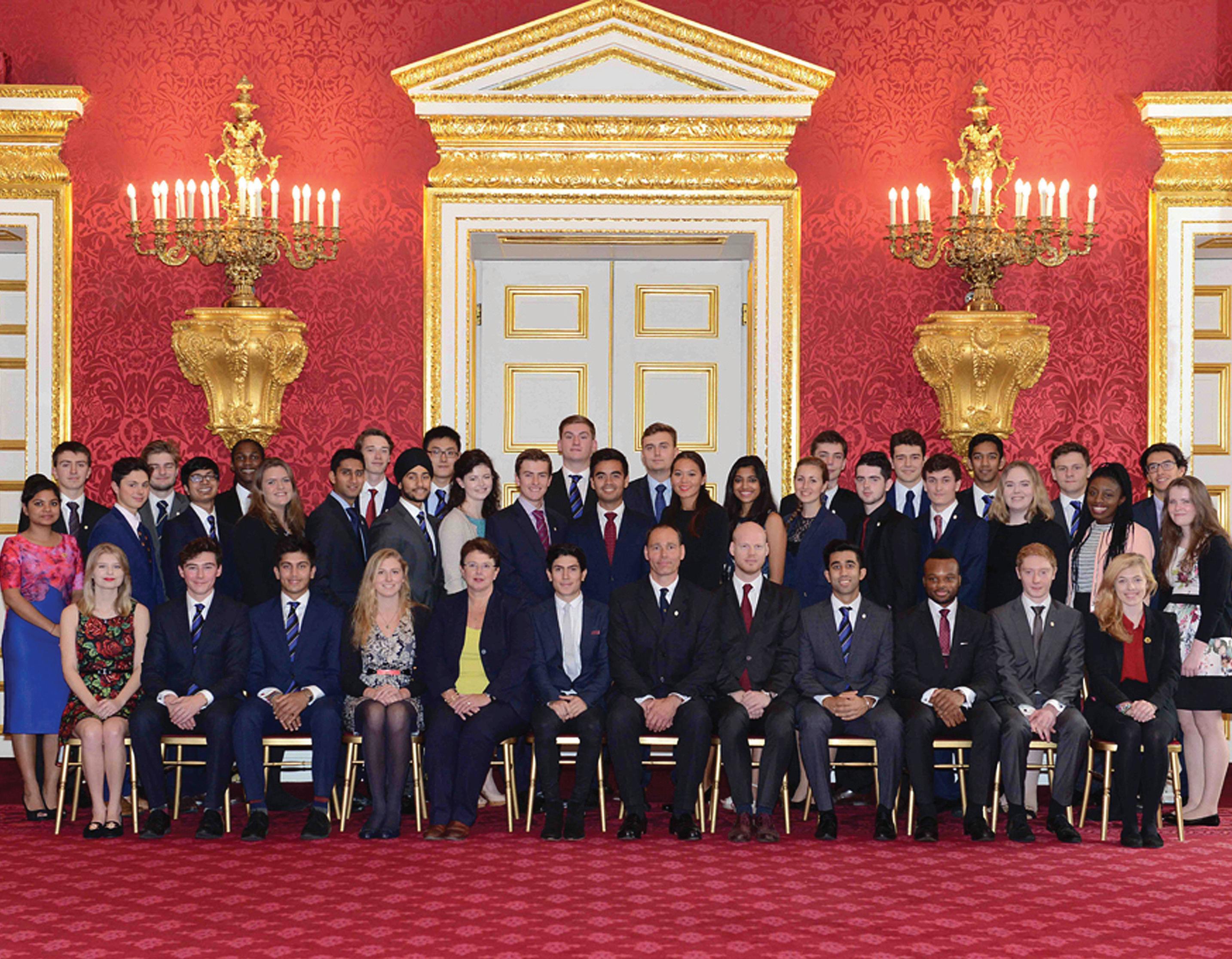
5 minute read
Revenge of the all-rounder, John Weiner
Moving on Revenge of the all-rounder
John Weiner urges universities to feast on the well-rounded
For the model school leaver, take one 11 year-old, add a dash of academic rigour, blend carefully with a pinch of supportive pastoral care and serve with a garnish of co-curricular opportunity. Leave to ripen for seven years until fully matured into a well-rounded individual.
Go on – admit it, I’ve pretty much described your school’s glossy marketing literature. And actually, there’s not too much wrong with this tried and tested formula, as independent schools have been doing a pretty decent job of churning out confident young adults for longer than many countries have existed.
Whilst most school leaders, parents and pupils would warmly agree that it is vital for independent schools to keep a sensible balance between the trinity of academic, pastoral and co-curricular activities, universities have traditionally been more worried about the exam results. However, in recent years, grade inflation and the difficulty of choosing between students who are all meeting the entry standards may be forcing universities to look a little more closely at the ‘other’ bits.
Now the ones that really matter with regard to university entrance are, of course, the things our charges do alongside their academic studies that differentiate them from the masses and that will convince their prospective higher educators that they are indeed worth a punt (even if their chosen university uses alternative modes of river transport). But this is no problem you may say – independent schools are famous for their provision outside the classroom. True, but as character building as scrummaging in the mud may be, universities these days are looking for more.
A recent study by the gap year organisation World Challenge, available on their website, makes interesting reading. When asked to give three things other than academic performance that add most value to a personal statement, only 18.5% of universities responded with sports. 12.3% mentioned music in their top three and a miserly 7.7% listed drama. Seems like the trusty cornerstones of co-curricular programmes in our schools up and down the country aren’t impressing the universities any more. So what do they want? 92% said work experience and 68% listed regular volunteering. The third most popular response was good old Duke of Edinburgh’s Award, so breathe a sigh of relief on that one, but even then it only appeared 28% of the time.
So what does this tell us in independent schools? Ditch the drama, sport and music? Of course not, as there is no doubt about the value that these bring when it comes to building teamwork, confidence and self-esteem, which are all vital to success in life. However, it does tell us that we need to ensure that our pupils do have the time, opportunity and gumption to demonstrate their independence and ability to plan and organise activities which develop their characters outside the confines of school.
John Weiner
With so many fantastic things on offer in our schools, it can be tempting to try to make sure that our pupils have met all possible opportunities before they leave the school gates. But this approach limits and may even prevent one of the life skills that universities are looking for and one that perhaps independent school pupils could develop – the ability to go and sort something out for themselves, by themselves. After all, no one will be doing it for them after they have left our care.
This doesn’t mean that we can’t help. Programmes that encourage and reward pupils for wider interests and efforts outside school are an excellent way of highlighting and reinforcing such behaviours. At my current school we offer The Caterham Award to sixth formers who can demonstrate that they are contributing outside the classroom in a range of areas, both in and out of school.
The Creativity, Action, Service (CAS) part of the IB similarly credits such activities and both these examples include elements of reflection to help pupils assess what they have learned as well as record what they have done. This all contributes towards pupils taking ownership for their own development, which will stand them in good stead well beyond their school years. A win all round for the allrounders, I reckon.
John Weiner teaches at Caterham School and is the author of The SMT Spy, a blog on leadership in schools (smtspy.blogspot.co.uk).
HERE&THERE
If you have news of topical interest, however brief, for ‘Here and There’, please email it to Tom Wheare at postmaster@dunbry.plus.com Items should not exceed 150 words. Good colour photographs are also welcome.
Golden achievement
Last October 37 pupils who left Bancroft’s School in the previous three years attended the Duke of Edinburgh’s Award presentation ceremony at St James’s Palace to receive their Gold Awards. It is extremely rare to have such a large group from one borough, let alone one school, a fact not lost on The Earl of Wessex who exclaimed, “They are all from your school? Now that’s just showing off!”
He spent time talking to members of the group and their parents about their experiences and what they had done during their expeditions. The magnificent surroundings were a fitting setting to celebrate the individual achievements involving a series of demanding expeditions, the acquisition of new skills and a strong commitment to community support. In recognition of how well this reflects on the school and the staff, the ceremony concluded with a special presentation to two teachers, Pat Morton and Luke Brennand, for their significant input into the success of DofE at Bancroft’s.
Dominic Argyle, the DofE manager at Bancroft’s, reflected that “this number of Gold awards is a fantastic achievement for our School and represents incalculable hours of work and effort by the participants, their parents and school staff. This wonderful event was a fitting ending to a splendid effort all round.”
Picture courtesy of Tempest Photography.











